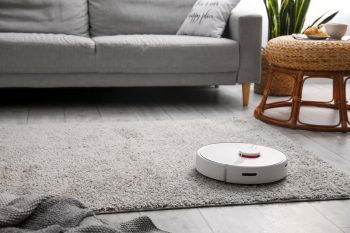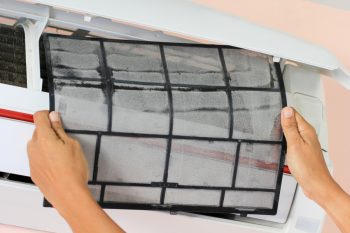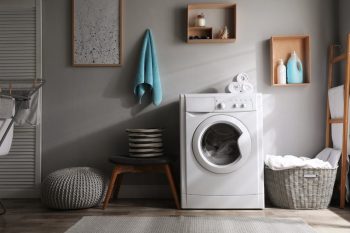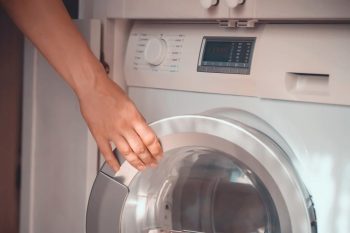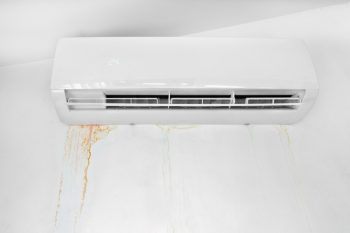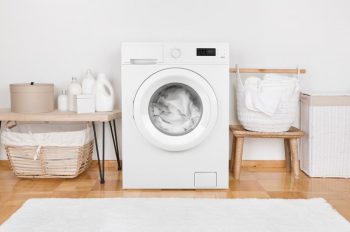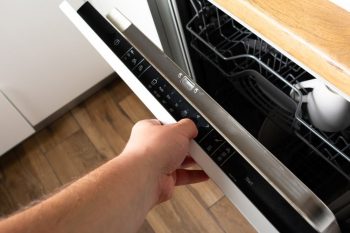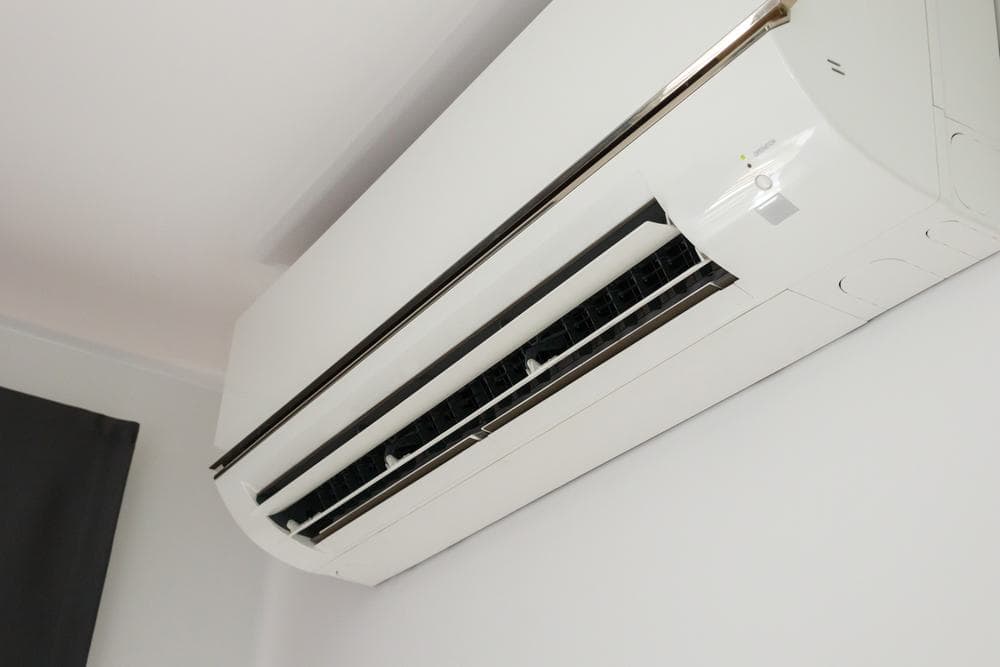
Air conditioning is a crucial part of maintaining a comfortable living environment, especially in hot climates. However, when your air conditioner starts to turn off by itself, it can be a sign of several underlying issues. This phenomenon, known as short cycling, can lead to higher energy bills, increased wear and tear on the HVAC system, and uneven temperature distribution in your home. In this comprehensive guide, we’ll delve into the reasons why your air conditioner might be turning off by itself and offer solutions to remedy the problem.
Your air conditioner may be turning off by itself due to several reasons, including a faulty or improperly placed thermostat, a dirty or clogged air filter, low refrigerant levels, electrical problems, or because the unit is oversized for the area it’s cooling. Regular maintenance, proper placement of the thermostat, and choosing the right size of air conditioner can help resolve this issue. Always consult a professional HVAC technician if in doubt.
Faulty or Improperly Placed Thermostat
One common cause of short cycling is a malfunctioning thermostat. The thermostat is responsible for determining when your AC should shut off. If there is a malfunction, the cooling cycle may shut down prematurely. This can be caused by a problem within the thermostat itself or an electrical issue, such as bad wiring to the thermostat.
Improper placement of the thermostat can also cause the AC to shut down suddenly. For instance, if the thermostat is placed in an area where it’s exposed to direct sunlight or near a heat source, it may cause the air conditioner to turn off too soon.
Dirty or Clogged Air Filter
Air filters play a crucial role in maintaining the efficiency of your air conditioner. However, when they become dirty or clogged, they can restrict airflow, causing the air conditioner to turn off. This is because a dirty air filter forces the air conditioner to work harder, increasing the strain on the unit and causing it to overheat.
It is recommended to clean or replace your air filter regularly (every 1-3 months) to prevent this issue. A clean air filter not only prevents short cycling but also improves your air conditioner’s efficiency and extends its lifespan.
Low Refrigerant Levels
Air conditioners rely on refrigerant to cool your home. When the refrigerant levels are low due to a leak, the system’s pressure lowers. This could trigger the low-pressure switch at the compressor, shutting down the air conditioner.
If you suspect a refrigerant leak, it is crucial to contact a professional to refill the refrigerant and fix the leak. Attempting to handle refrigerant without proper training can be hazardous.
Electrical Problems
Various electrical issues can cause the air conditioner to turn off by itself. These include damaged wiring, tripped circuit breakers, faulty capacitors, and loose or bad electrical connections.
If you suspect an electrical issue with your air conditioner, it is recommended to contact a professional technician to diagnose and fix the problem. Regular maintenance can also help prevent such issues and increase the lifespan of your air conditioning unit.
Oversized Air Conditioner
If your air conditioner is too large for the area it’s supposed to cool, it may cool the room too quickly and then switch off until it detects the need to switch back on. This constant switching on and off is inefficient and can result in higher energy bills.
To avoid these issues, it is crucial to choose an air conditioner with the appropriate size and capacity for your space, taking into account factors such as the size and layout of the building, the number of windows, the type of insulation, and the local climate.
Conclusion
If your air conditioner is turning off by itself, it’s a sign that something is amiss. By understanding the potential causes and how to address them, you can ensure that your air conditioner continues to function optimally. Regular maintenance, timely repairs, and proper placement of the thermostat can go a long way in preventing your air conditioner from turning off by itself.
Remember, when in doubt, it’s always best to consult with a professional HVAC technician. They can accurately diagnose the problem and offer the most effective solution to get your air conditioner back to its peak performance.
Frequently Asked Questions
What is short cycling?
Short cycling is a term used in the HVAC industry to describe a situation where an air conditioner or furnace turns on and off in quick succession.
How often should I replace my air filter?
The frequency of replacing your air filter depends on various factors, such as the type of filter, the air quality in your home, and whether you have pets. However, a general rule of thumb is to replace your air filter every 1-3 months.
What are the signs of a refrigerant leak?
Signs of a refrigerant leak can include your air conditioner not cooling your home as well as it used to, ice buildup on the refrigerant line, and a hissing or bubbling noise from the air conditioning unit.
How can I tell if my air conditioner is oversized?
An oversized air conditioner often cools a room quickly, but it does not run long enough to remove humidity from the air. This can result in a room that feels cool but damp. Frequent short cycling is another sign of an oversized air conditioner.
How often should I schedule maintenance for my air conditioner?
Most HVAC professionals recommend scheduling a maintenance check for your air conditioner at least once a year, ideally in the spring before the cooling season starts. Regular maintenance can help detect potential issues early and ensure your air conditioner is running efficiently.

